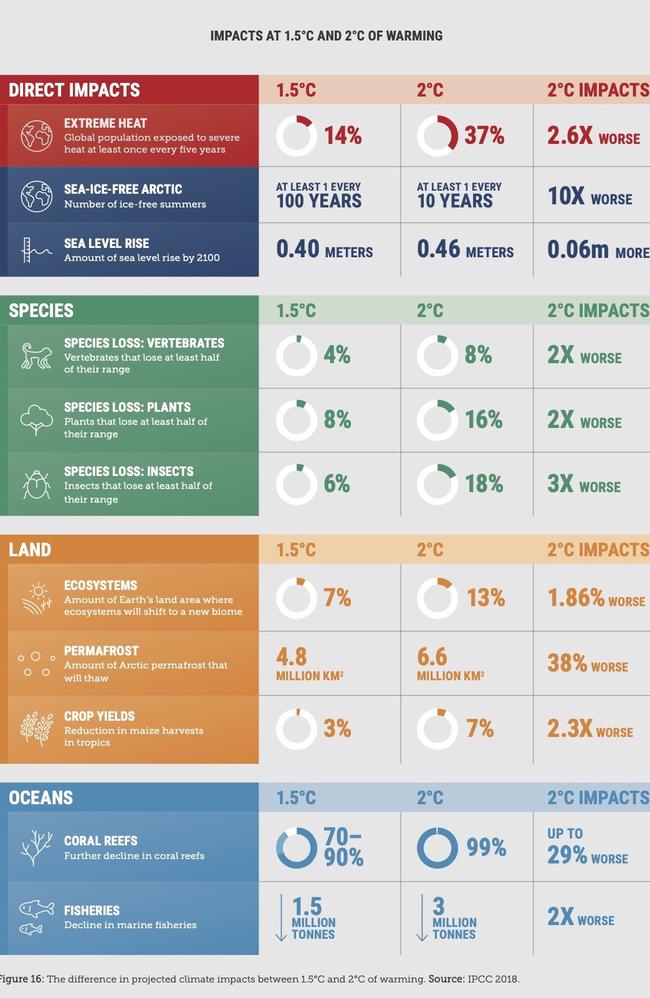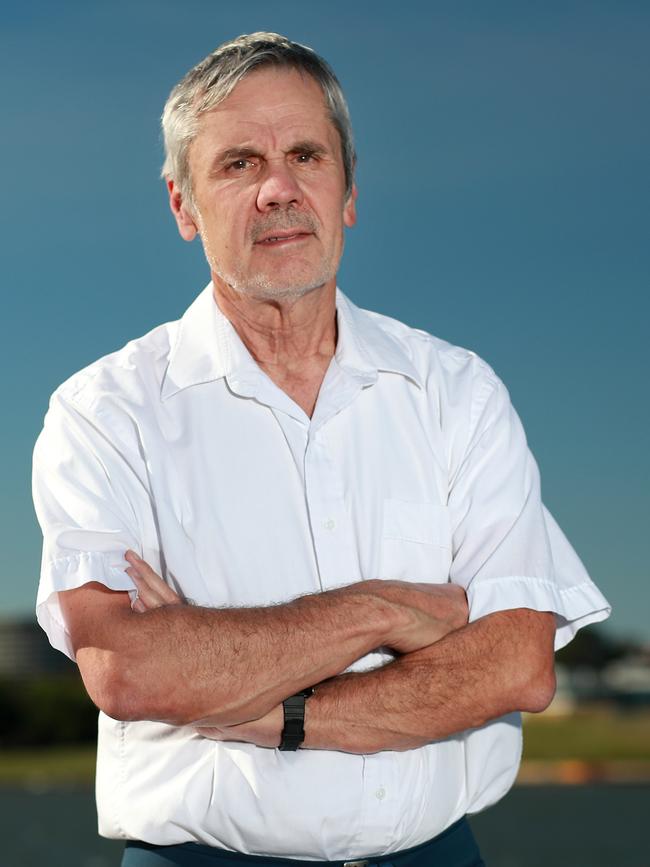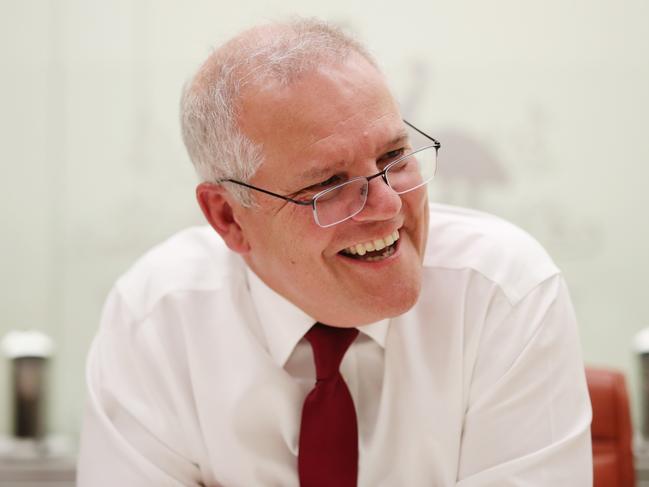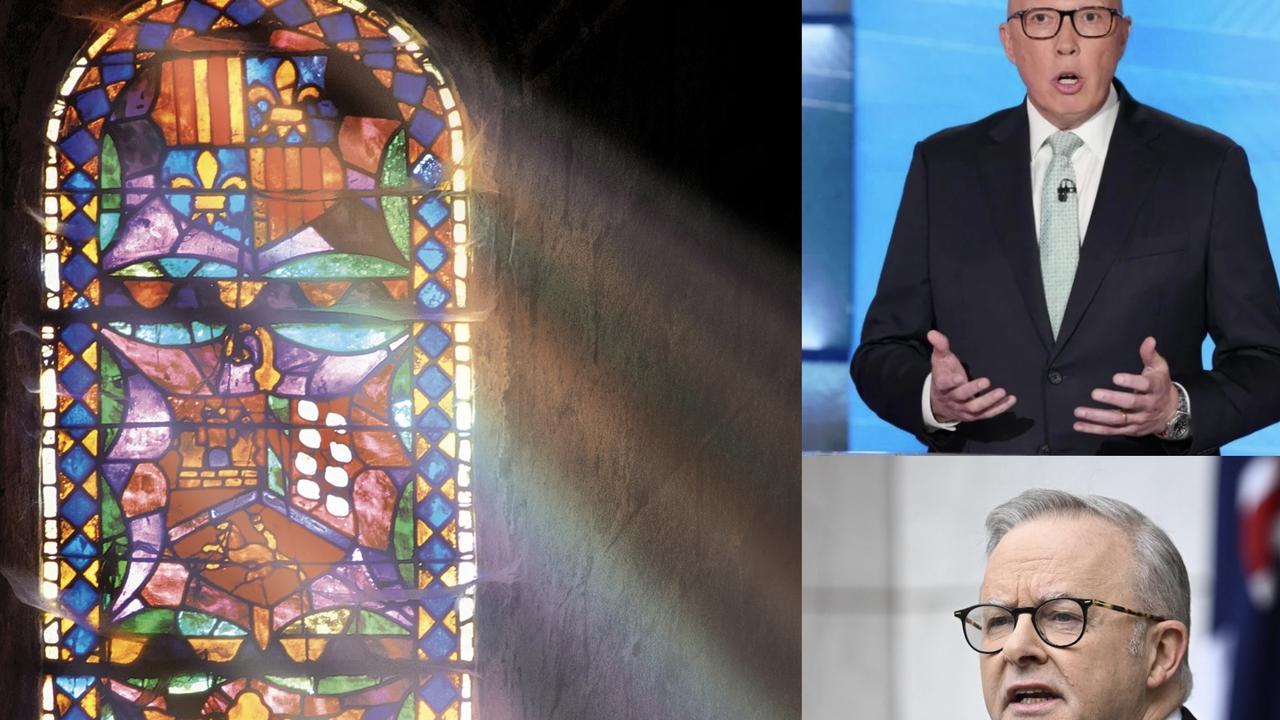We need net zero by 2035: scientists
The Prime Minister has been inching his way towards a net zero emissions target for 2050, but scientists say the climate is in crisis and action needs to be drastic, and immediate.

National
Don't miss out on the headlines from National. Followed categories will be added to My News.
Australia must slash its greenhouse gas emissions by 75 per cent by the end of the decade and get to net zero by 2035 to hedge against the accelerating impacts of climate change.
Those startling claims – described by one MP yesterday as “overreaching” – are contained in a new Climate Council report, Aim High, Go Fast: Why Emissions Need To Plummet This Decade.
Canberra has pledged to cut emissions by 26-28 per cent by the end of this decade, so a 75 per cent cut would represent almost a tripling of current targets.
The Climate Council report suggests every fraction of a degree in global warming could make massive differences in how we live. In a world that is 1.5 degrees warmer, for example, the Arctic is predicted to experience an ice-free summer once every 100 years; in a globe that is 2 degrees hotter, ice-free Artcic summers are expected once every 10 years.

With studies showing the planet is already 1.1 degree warmer than it was in pre-industrial times, most models forecast the 1.5 degree temperature threshold will be crossed sometime in the 2030s.
Professor Will Steffen from the ANU Climate Change Institute said the planet was “locked in” for 15-20 years of rising temperatures, no matter what measures are taken.
“There is plenty of momentum in the climate system,” he said. “It’s like trying to turn a battleship around: you can’t do it immediately.”
While many nations have set net zero emissions goals for 2050, the Climate Council report argued “2050 is at least a decade too late” and global net zero needs to be reached by 2040 – “at the latest”.


Next week US President Joe Biden is expected to announce a tough new emissions goal for 2030, ahead of a global climate summit involving 40 world leaders, including Australian Prime Minister Scott Morrison.
Prof Steffen said he would “be surprised” if Biden’s target was “any weaker than 40 per cent, and they might even go to 50 per cent”.
“They will go quite strongly,” he said. “The US is going to see the economic benefits of taking quick action, as should we.”
Emissions cuts have been a vexed issue in Australia, with our current 2030 target blasted as inadequate by climate activists, and stronger targets criticised for being reckless. When Labor proposed a 45 per cent emissions cut for 2030 back in 2018, the Business Council of Australia labelled it “economy wrecking” – but they have now called for the government to formalise a net zero target for 2050.

Outspoken Labor MP Joel Fitzgibbon criticised the thrust of the report, saying: “That sort of overreach is the surest way to lose community support for meaningful but sensible climate change policy”.
But Deloitte Access Economics lead partner Pradeep Philip said the Australian business community had shifted its views since 2018, and “with the rest of the world moving, our trade becomes more exposed”.
A recent Access Economics report on the costs of inaction on climate change showed it could lead to a loss of six per cent of GDP growth over 50 years, Mr Philip said.
“We all know more about the economic consequences of doing nothing now,” he said. “It has a horrific impact on jobs. That’s the new baseline.”
Carbon Market Institute CEO John Connor said “business and industry leaders have already told us that they want to see stronger action taken”.
“In our most recent 2020 Australian Climate Policy Survey, 78 per cent of respondents said Australia’s current 2030 target is inadequate and should be increased,” he said.
While the politics around emissions targets in Australia were tough, Mr Connor said, “the climate crisis we’re in is driven is driven by physics, not by politics”.
The government is expected to announce a new long-term emissions strategy later this year.
More Coverage
Originally published as We need net zero by 2035: scientists





